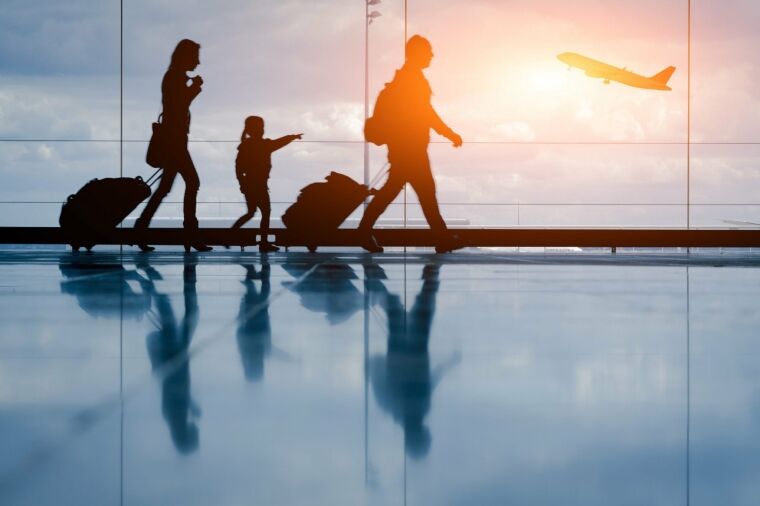
It’s 2007. You’re thinking of taking a holiday. You head into your nearest travel agent and sit down to discuss your options. You make your choices, book your flights, hotel and maybe even a few holiday activities too.
Fast forward to 2017 and the experience of booking travel is vastly different. You want the best value for your flight so you head to a metasearch site like Skyscanner. You want a comfortable stay in your hotel, so you read some reviews on Trip Advisor and book straight through the site. You realise you can maximise your previous travels so maybe you even visit the Qantas Loyalty Mall and use your points to book a weekend away with Airbnb.
With so many options and thousands of review and travel comparison sites, it’s clear that the way we buy travel has drastically changed. So as a travel brand, how do we ensure we adapt to this new buyer journey and drive customer loyalty?
Determine Which Products Are Driving Value
Over recent years we’ve seen the death of the package holiday. Many customers now use specific sites for specific products, for example, we might visit Wotif for our domestic hotels, yet use Expedia to book international hotels. Instead of trying to sell your customer everything, why not focus on your key highest-value products and upsell these, rather than cross-sell multiple products?
For example, hotel booking sites could focus on offering deals on third or fourth bookings and metasearch sites could focus on up-selling customers from economy to business class on their flights. Up-selling allows you to focus on the products that have the highest perceived value, thus increasing the likelihood of conversions and returning customers.
Make The Most of Your Travel Partners
Even though most travel brands establish relationships with a large number of marketing partners to increase customer acquisition, they often don’t take advantage of all of the opportunities available. For example, if you are an airline, are you diversifying your commission strategies to offer higher commissions on distressed routes or for specific tickets e.g. first class? If you are a hotel, are you offering different commissions based on the popularity of a destination? If you are a tourist operator are you offering higher commissions for bookings on quieter days e.g. Mondays or Tuesdays? Prioritising different tickets, routes or flights allows you to grow in the areas where you need to drive sales.
Co-Create Value
Last but not least, it’s important to remember that as powerful as your travel brand is, it doesn’t mean you can’t take advantage of the reputation of other travel brands through transformational partnerships. Transformational partnerships allow you to target customers at the right time and drive a higher likelihood of conversion.
A recent example of this is between Uber and Hilton Hotels. Recognising that its customer experience is no longer limited to inside the hotel, Hilton partnered with Uber to set the hotel as a recommended destination within the Uber app – essentially co-creating value where none previously existed.
Ultimately, with more options than ever before, it is the customer who has the upper-hand in today’s travel buying journey. However, with the right partner strategies and insights, travel brands can adapt to changing booking journeys and ensure they’re always driving value and customer loyalty.
If you want to drive higher performance and leverage your marketing partners towards higher revenues, contact the Performance Horizon Team today.